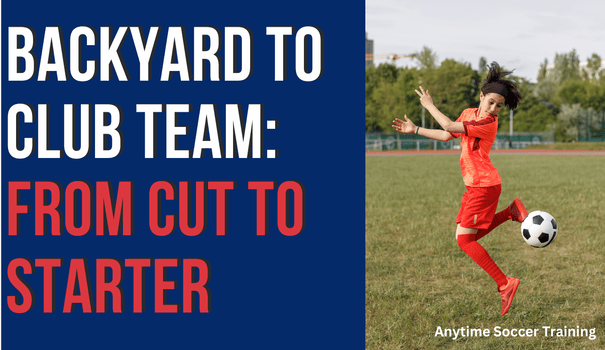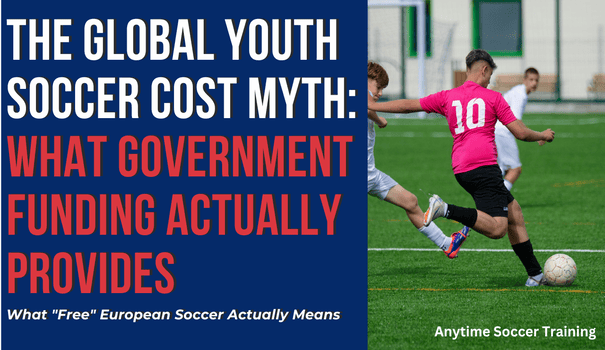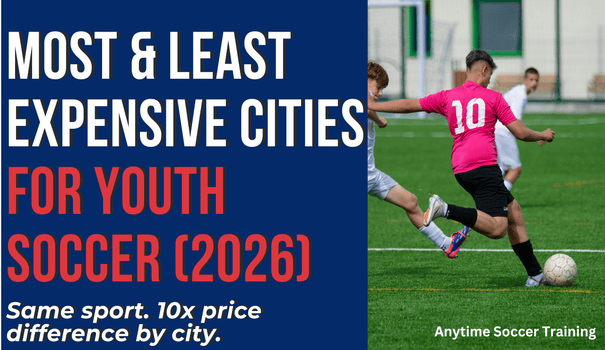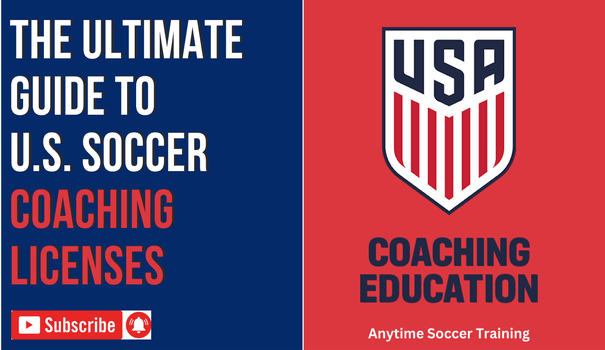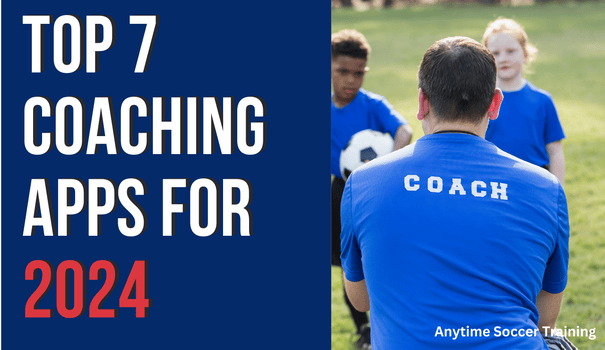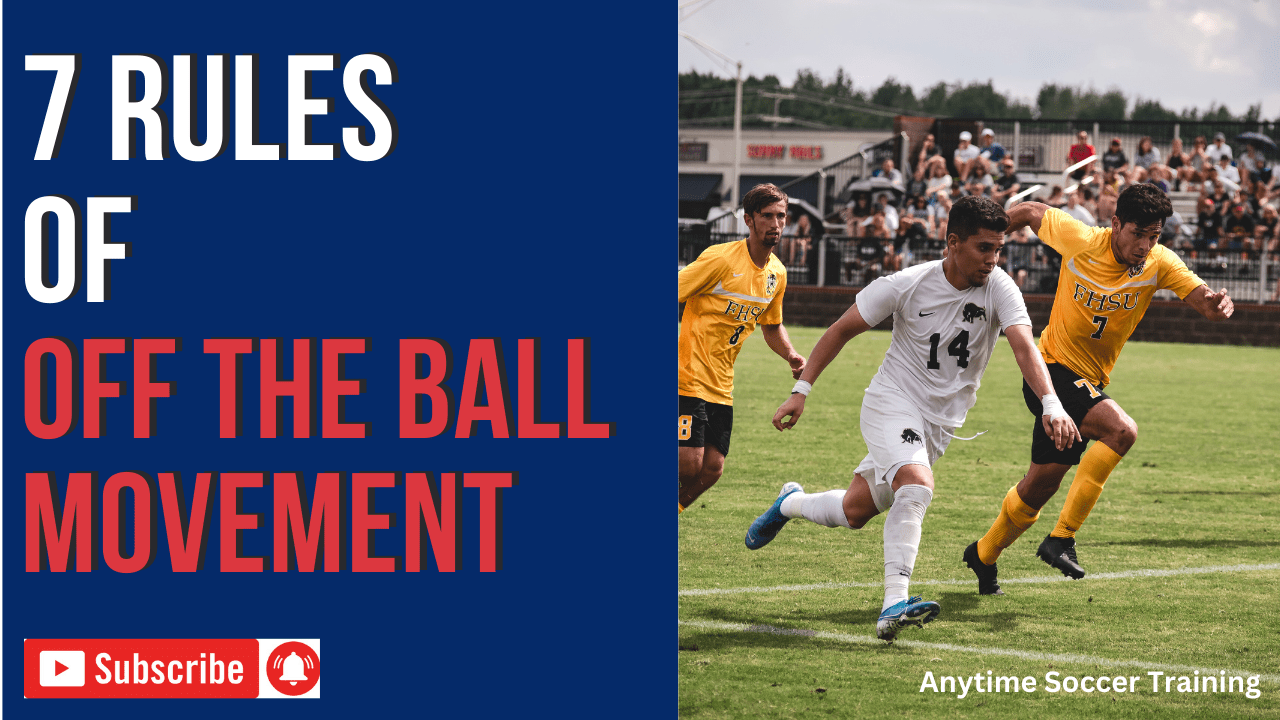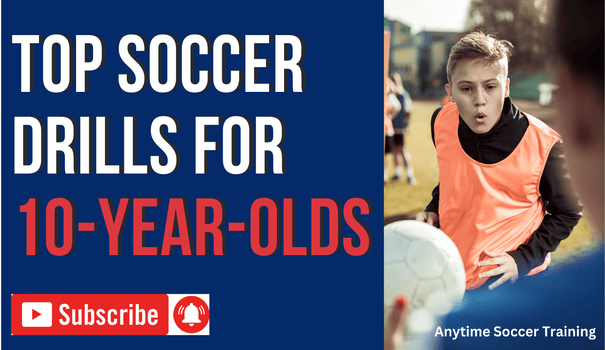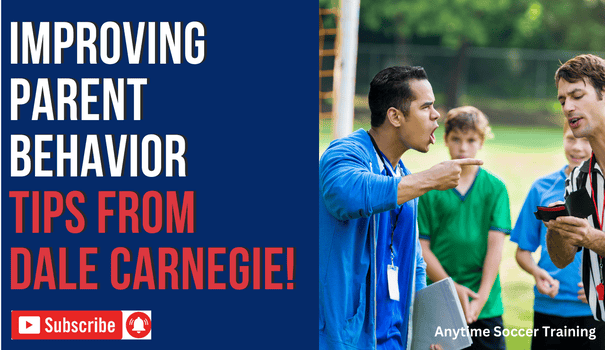
Why This Matters
As both a youth soccer coach and a parent, I’ve seen this challenge from both sides. I’ve been the dad fighting the urge to yell instructions when my son makes a mistake.
I’ve also been the coach, trying to keep parents from confusing kids with sideline coaching.
It’s a tricky balance. Coaches want focus, parents want involvement, and kids want support.
The question is: how do you influence parents so the sidelines actually help the team instead of hurting it?
The answer: you can’t control parents—but you can influence them. And once you do, everything changes.
One of the best resources I’ve ever used isn’t even about soccer—it’s Dale Carnegie’s How to Win Friends and Influence People. Written in 1936, its lessons on communication and influence are timeless. And they apply perfectly to youth sports.
5 Strategies for Influencing Youth Soccer Parents
1. Understand Their Perspective
Parents shout instructions because they want to help. They’re emotionally invested in their child and don’t always realize the impact of their words.
Practical Example: Host a short team meeting at the start of the season. Acknowledge that parents want the best for their kids, then explain how sideline coaching can cause confusion.
When they feel heard first, they’re more open to listening.
2. Build Trust Through Results
Parents are less likely to interfere when they see progress. When kids improve in skill and confidence, parents naturally trust the process and the coach.
Practical Example: After a few weeks of training, send parents a quick progress update highlighting what their kids are working on. This small gesture builds trust and reassures parents that development is happening.
3. Communicate Clearly and Positively
Clear communication is the key to influencing youth soccer parents. If you don’t explain your philosophy, parents will fill in the gaps with their own.
Practical Example: Share your coaching philosophy in a parent email or a handout before the season. Explain why kids need freedom to make mistakes and how silence from the sidelines actually helps them learn.
Positive, proactive communication reduces sideline issues later.
4. Lead With Confidence
When a coach sets the tone, everyone else follows. If you set boundaries clearly and reinforce them consistently, parents will respect them.
Practical Example: At the first practice, outline roles: players play, coaches coach, and parents encourage. Reinforce this with a light reminder before games, and thank parents when they stick to it.
Leadership plus consistency goes a long way.
5. Apply Psychology, Not Just Logic
Carnegie said we’re “creatures of emotion, not logic.” Telling parents to stop yelling rarely works. Appealing to their emotions—reminding them how encouragement builds confidence—is far more effective.
Practical Example: After a game, point out a moment when a child smiled after hearing their parent cheer positively. Contrast that with the frustration caused by sideline coaching.
That emotional reminder sticks far more than a rule ever will.
5 Books Every Youth Soccer Coach Should Read
If you want to get better at coaching, leading, and influencing parents, these five books are game-changers:
- How to Win Friends and Influence People by Dale Carnegie – Timeless lessons on communication and influence.
- The Culture Code by Daniel Coyle – Learn how successful groups build trust and connection.
- Mindset: The New Psychology of Success by Carol Dweck – Essential for fostering a growth mindset in kids and parents.
- The Talent Code by Daniel Coyle – Explains how deep practice and environments shape elite performers.
- Soccer IQ: Things That Smart Players Do, Vol. 1 by Dan Blank – Practical soccer lessons for smarter play and smarter teams.
Free Parent Guidelines Sheet (Printable PDF)
One of the best ways to influence youth soccer parents is to set clear expectations before the season begins.
To make this easier, I created a simple Parent Sideline Guidelines Sheet you can download and share with your team. It includes a short letter to parents and a clear table of do’s and don’ts for the sidelines.
📄 Download the Parent Guidelines Sheet (PDF)
This one-page handout is perfect to review at your team meeting or email out before the first game. When parents understand their role up front, it sets a positive tone for the entire season.
Final Thoughts
Influencing youth soccer parents is about more than silencing the sidelines—it’s about creating a culture. When parents feel heard, when they see progress, and when you lead with confidence, you can turn them from sideline critics into your biggest supporters.
And remember, structured tools like Anytime Soccer Training make this easier. With over 5,000 follow-along videos, weekly plans, and coach tools to assign homework, parents see the structure and kids see their progress. That combination helps influence everyone in the right direction.
Take the 7-day Soccer Training Plan Challenge and start building confidence on the field—and on the sidelines.

